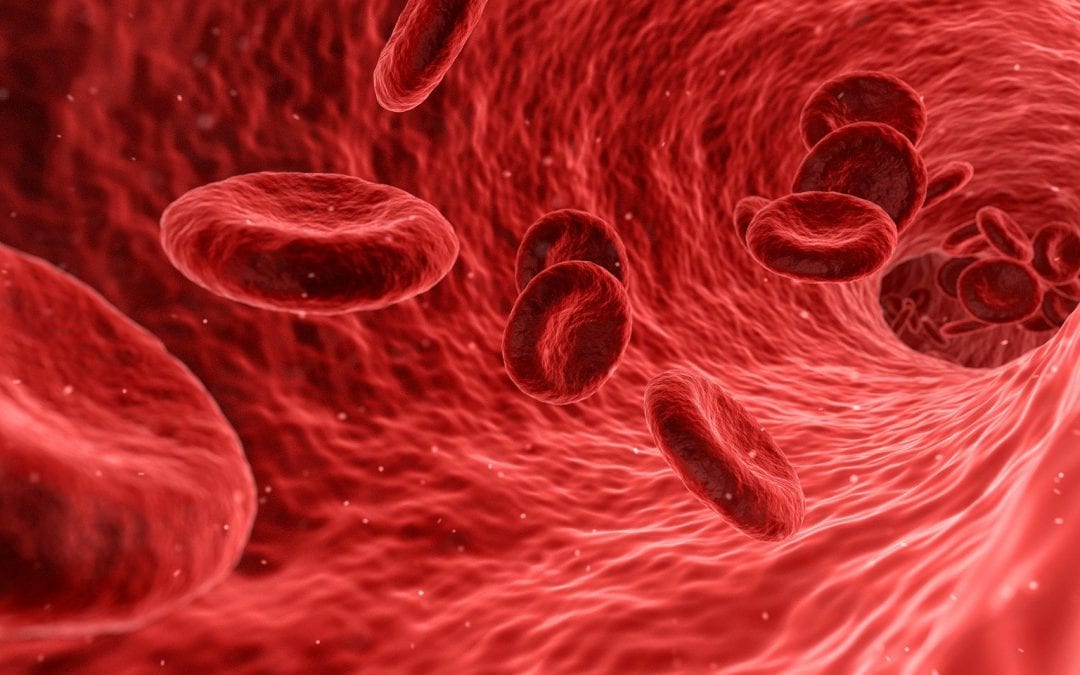A lot of research has already been done towards the relation between alcohol consumption and cardiovascular disease, and many studies – both epidemiological and experimental – find evidence for a possible protective effect of moderate alcohol consumption. But is this the case for all alcoholic beverages? For the first time, a meta-analysis1, published in PLoS ONE, only looks at experimental studies with beer consumption. Results indicate improvement in vascular elasticity and the authors conclude that beneficial effect of beer on endothelial function is likely.
What is already known? Epidemiological studies often show a J-shaped relation between alcohol consumption and cardiovascular diseases, with a protective effect of moderate alcohol consumption2. Experimental studies looking at the physical response due to alcohol consumption support the existence of a causal relation, with the most important explanation being an increase in HDL and its key functions3.
What does this study add? This meta-analysis looks at experimental studies where participants drink beer, not wine or spirits.
The meta-analysis includes 26 experimental trials. In these experiments, participants drank 0.5 to 4 glasses of beer a day (5 to 40 grams of alcohol), which was compared to drinking non-alcoholic beer, or water.
Increased HDL
Compared to non-alcoholic beer and water, total cholesterol was a bit higher in participants drinking beer. These increased levels are due to increased levels of high-density-lipoprotein (HDL), also known as the ‘good cholesterol’. Low-density lipoprotein (LDL), or ‘bad cholesterol’, and triglyceride were not different between beer and the controls.
Increased vascular elasticity
Results also show that the dilation (widening) of an artery when blood flow increases, is better in people drinking alcoholic beer, which indicates better vascular elasticity. But blood pressure and inflammation markers did not differ compared to non-alcoholic beer and water.
Alcohol or polyphenols?
According to the authors it is not possible to conclude whether the lipid modulation is due to alcohol or to the polyphenols in beer, because the extraction of alcohol when making non-alcoholic beer also causes a loss in polyphenols. However, previous research indicates that the effects are probably mostly due to the alcohol itself.
Strengths
- Meta-analysis
- Only experimental trials included
- The first meta-analysis that looks at the specific effects of beer
Limitations
- Most experiments did not account for diet and activity pattern.
References
1. Spaggiari, G., Cignarelli, A., Sansone, A., Baldi, M., & Santi, D. (2020). To beer or not to beer: A meta-analysis of the effects of beer consumption on cardiovascular health. PloS one, 15(6), e0233619.
2. Ronksley PE, Brien SE, Turner BJ et al. (2011). Association of alcohol consumption with selected cardiovascular disease outcomes: a systematic review and meta-analysis. BMJ, 342:d671.
3.. Hendriks, H. F. (2020). Alcohol and Human Health: What Is the Evidence?. Annual Review of Food Science and Technology, 11, 1-21
Photocredits: qimono

